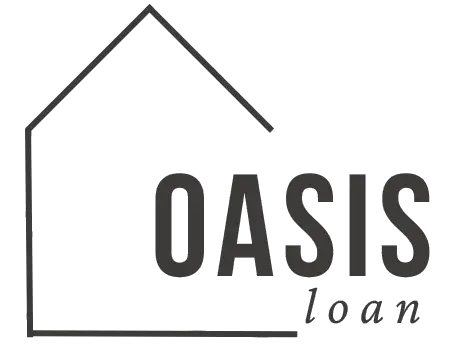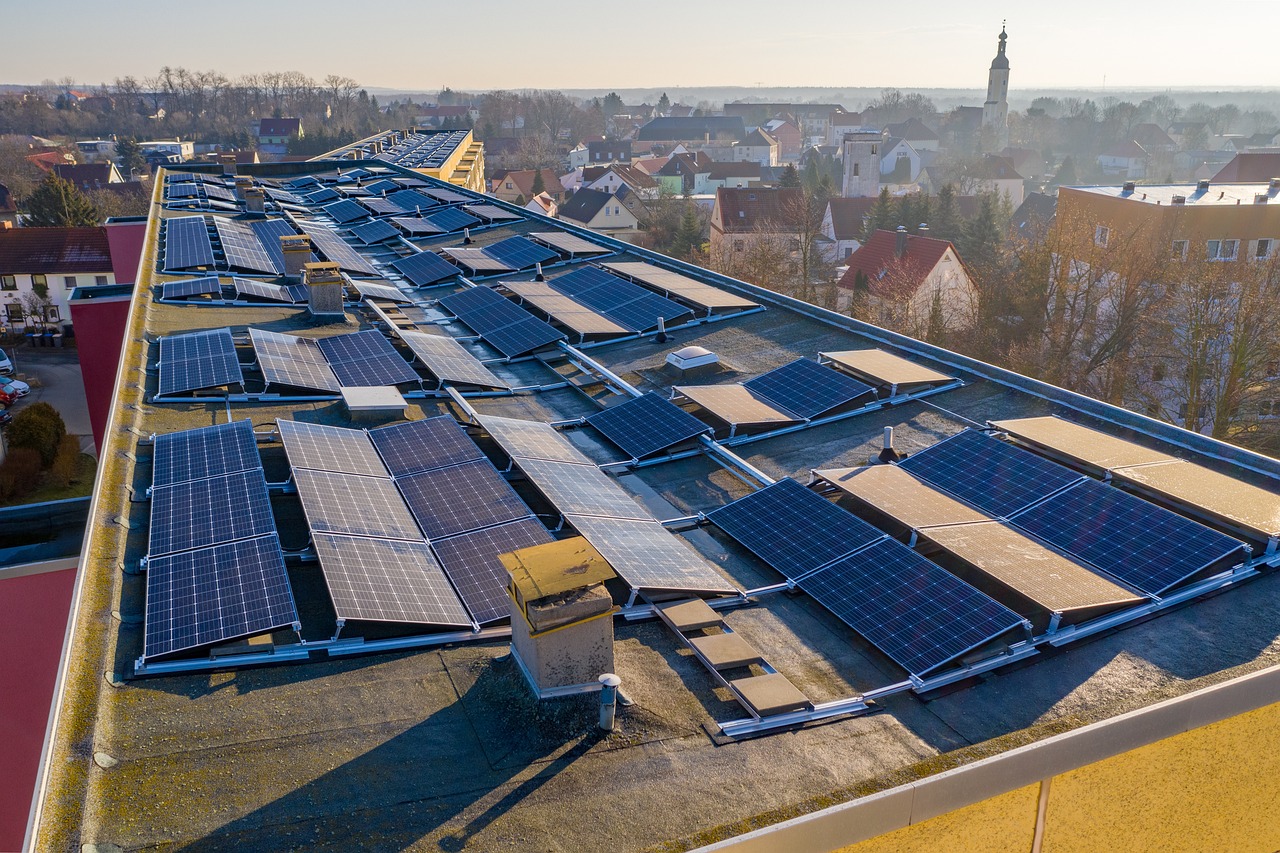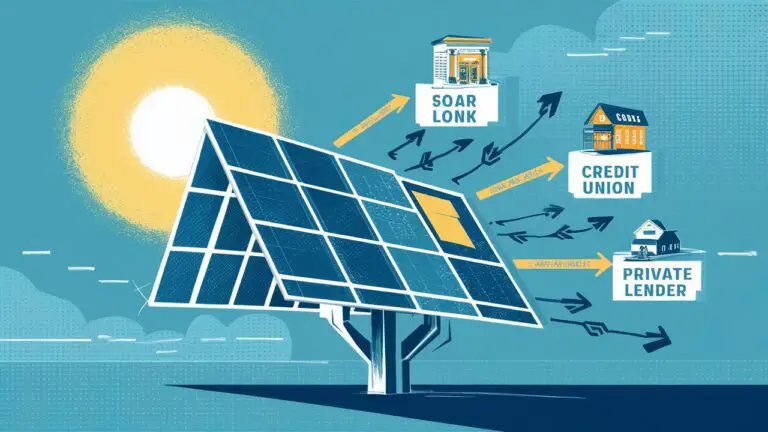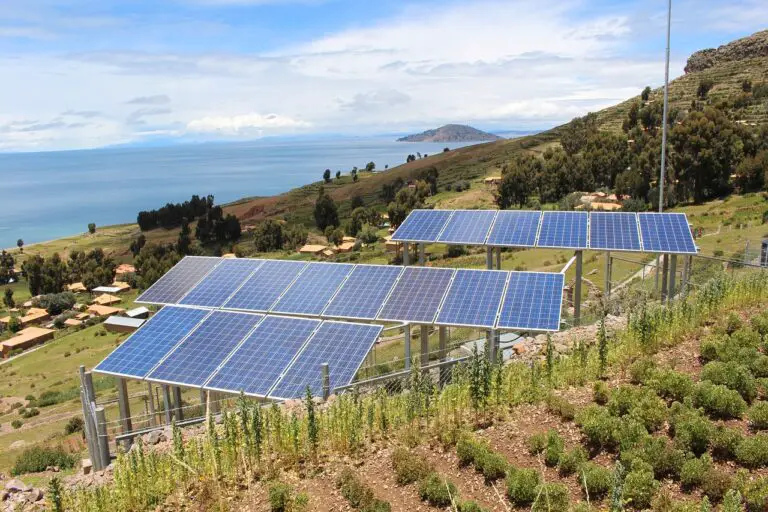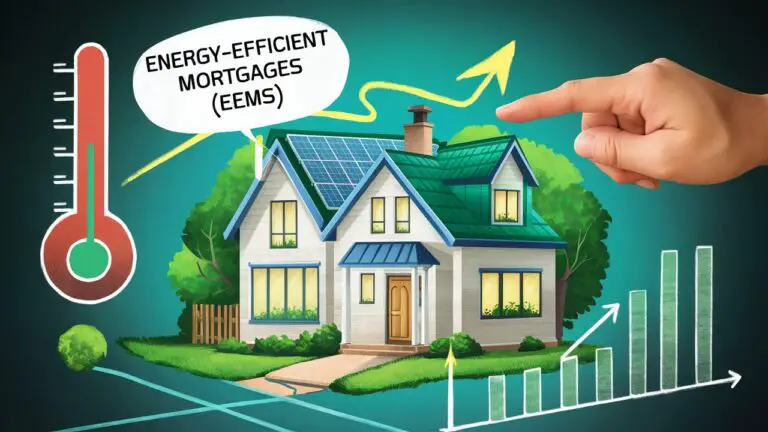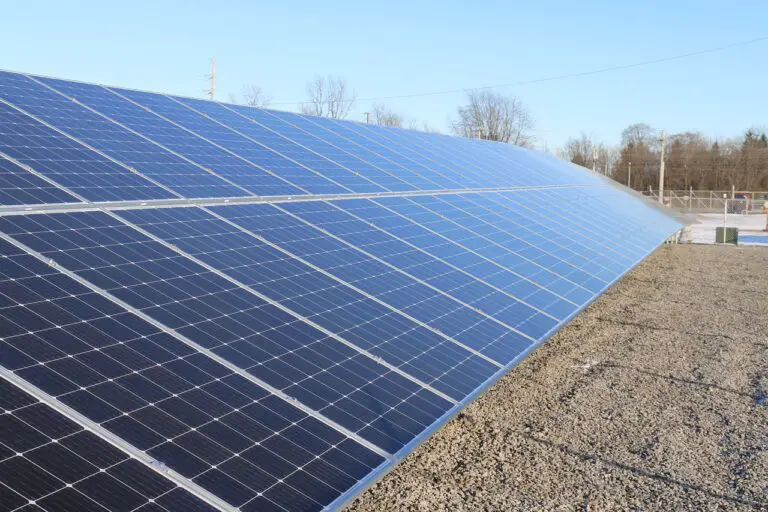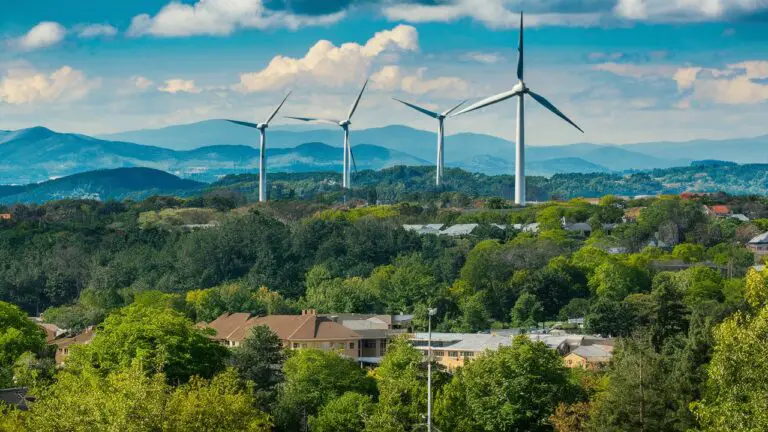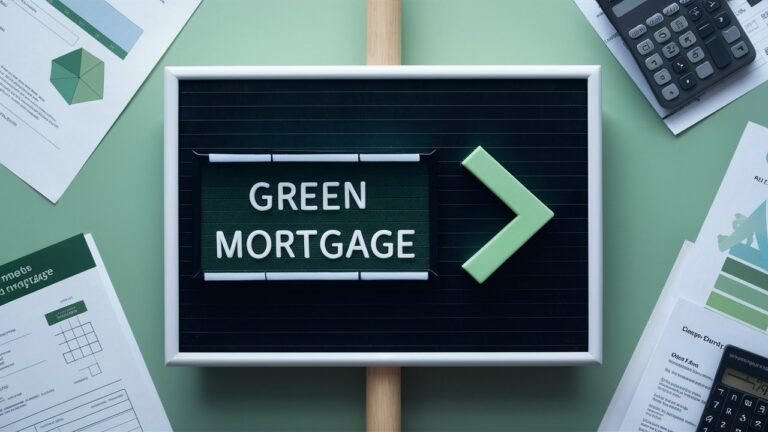Overview of Government-Backed Loans for Solar Panels and Green Home Improvements
Government-backed loans are an excellent option for homeowners looking to make eco-friendly upgrades. These loans support the installation of solar panels and other green home improvements, making it easier to invest in sustainable living. This guide provides an overview of these programs, detailing the types available, their benefits, and how to apply.
Types of Government-Backed Loans for Solar Panels
1. Federal Solar Tax Credit
The Federal Solar Tax Credit, also known as the Investment Tax Credit (ITC), provides a significant financial benefit for installing solar panels. Homeowners can deduct a substantial percentage of the installation cost from their federal taxes. For instance, in 2024, the credit covers 30% of the total cost of solar installations.
This credit has been a driving force behind the adoption of solar energy. It effectively lowers the upfront cost of installing solar panels, making it a popular choice for many homeowners. To qualify, the solar panel system must be installed on a residential property, and the credit is available for both new and existing homes.
For detailed information, check the U.S. Department of Energy’s guide on the ITC.
2. Property Assessed Clean Energy (PACE) Financing
PACE Financing offers a way to finance green home improvements by tying the loan to the property rather than the individual. This approach allows homeowners to repay the loan through property tax assessments over an extended period. This method is particularly useful for financing solar panels and energy-efficient upgrades.
PACE Financing is available in various states, each with its own eligibility criteria and terms. Homeowners can use this program to cover the costs of solar installations, energy-efficient windows, and other green improvements. To see if PACE Financing is available in your area, visit the PACE Nation website.
3. Federal Housing Administration (FHA) Title I Loans
FHA Title I Loans are government-backed loans that support home improvements, including the installation of solar panels. Unlike traditional loans, these are unsecured, which means you do not need to provide collateral. However, there are limits on the amount you can borrow and specific eligibility requirements.
These loans are beneficial for homeowners who do not have substantial equity in their homes. They offer a straightforward application process and competitive interest rates, making them an attractive option for green home improvements. For more details, visit the FHA Title I loan information page.
Benefits of Government-Backed Loans for Green Home Improvements
1. Reduced Financial Burden
Government-backed loans significantly reduce the financial burden associated with green home improvement loans. By providing lower interest rates and longer repayment terms, these loans make it easier for homeowners to afford solar panels and other eco-friendly upgrades.
For example, the Federal Solar Tax Credit can cover a substantial portion of the installation costs, reducing the amount homeowners need to borrow. Similarly, PACE Financing spreads the cost over many years, making monthly payments more manageable.
2. Increased Home Value
Investing in solar panels and other green improvements often increases the value of your home. Government-backed loans facilitate these investments by making them more affordable. Homes with solar panels and energy-efficient upgrades typically sell for more and attract environmentally conscious buyers.
The increased home value also helps homeowners recover the cost of their investments if they decide to sell. Research by the National Renewable Energy Laboratory (NREL) supports the idea that solar panels can significantly boost property value.
3. Environmental Impact
Using government-backed loans to finance solar panels and green home improvements contributes to a reduction in your carbon footprint. Solar energy is a clean, renewable resource that helps reduce greenhouse gas emissions. By making these investments, homeowners actively support environmental sustainability.
4. Energy Savings
Solar panels and energy-efficient home improvements lead to substantial energy savings. By reducing reliance on traditional energy sources, homeowners can lower their utility bills. Over time, these savings can offset the cost of the loan, making green upgrades a financially savvy decision.
Green home improvement loans often come with additional benefits, such as rebates and incentives from local utility companies. These can further reduce the overall cost of the upgrades and enhance savings.
How to Apply for Government-Backed Loans
1. Research Eligibility Requirements
Before applying, it’s essential to research the eligibility requirements for each loan program. Different programs have varying criteria based on factors such as income, property value, and the nature of the improvements.
For instance, PACE Financing may have specific requirements based on the location and type of improvements. The U.S. Department of Energy provides resources to help homeowners determine which programs they qualify for.
2. Gather Necessary Documentation
Applying for government-backed loans typically requires several documents, including proof of income, property details, and information about the proposed improvements. Ensure you gather all necessary documentation to streamline the application process.
For FHA Title I Loans, you will need to provide information about your current mortgage, credit history, and details of the home improvements. This information helps lenders assess your application and determine loan approval.
3. Apply Through Authorized Lenders
Government-backed loans are usually available through authorized lenders and financial institutions. Research and contact these lenders to start the application process. They can provide guidance on loan terms, application procedures, and any additional requirements.
4. Review and Sign Loan Agreements
Carefully review the terms and conditions of any loan agreement before signing. Ensure you understand the interest rates, repayment schedule, and any fees associated with the loan. It’s beneficial to consult with a financial advisor to make informed decisions.
Conclusion
Government-backed loans for solar panels and green home improvements offer significant benefits for homeowners. From reducing financial burdens and increasing home value to supporting environmental sustainability and achieving energy savings, these loans make it easier to invest in a greener future. By understanding the types of loans available and how to apply, you can take advantage of these opportunities to enhance your home and contribute to a more sustainable world.
